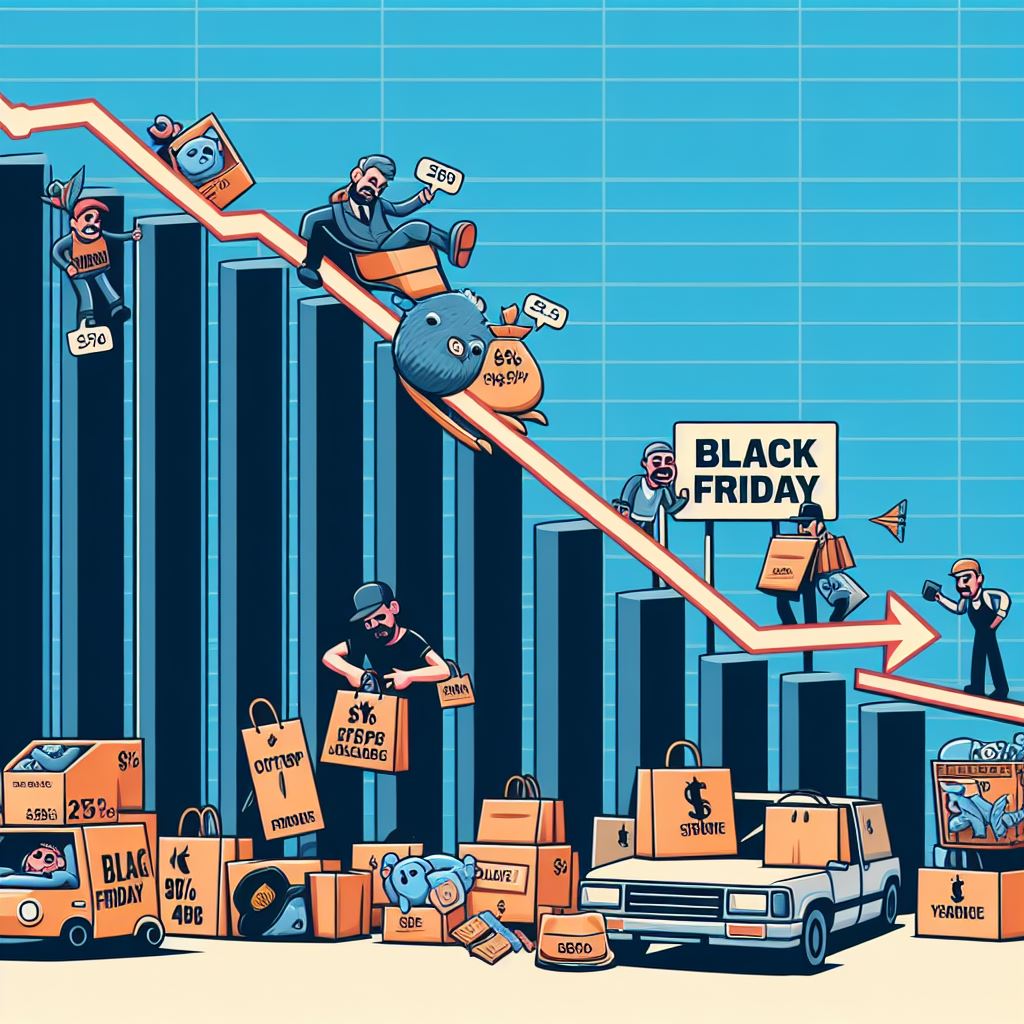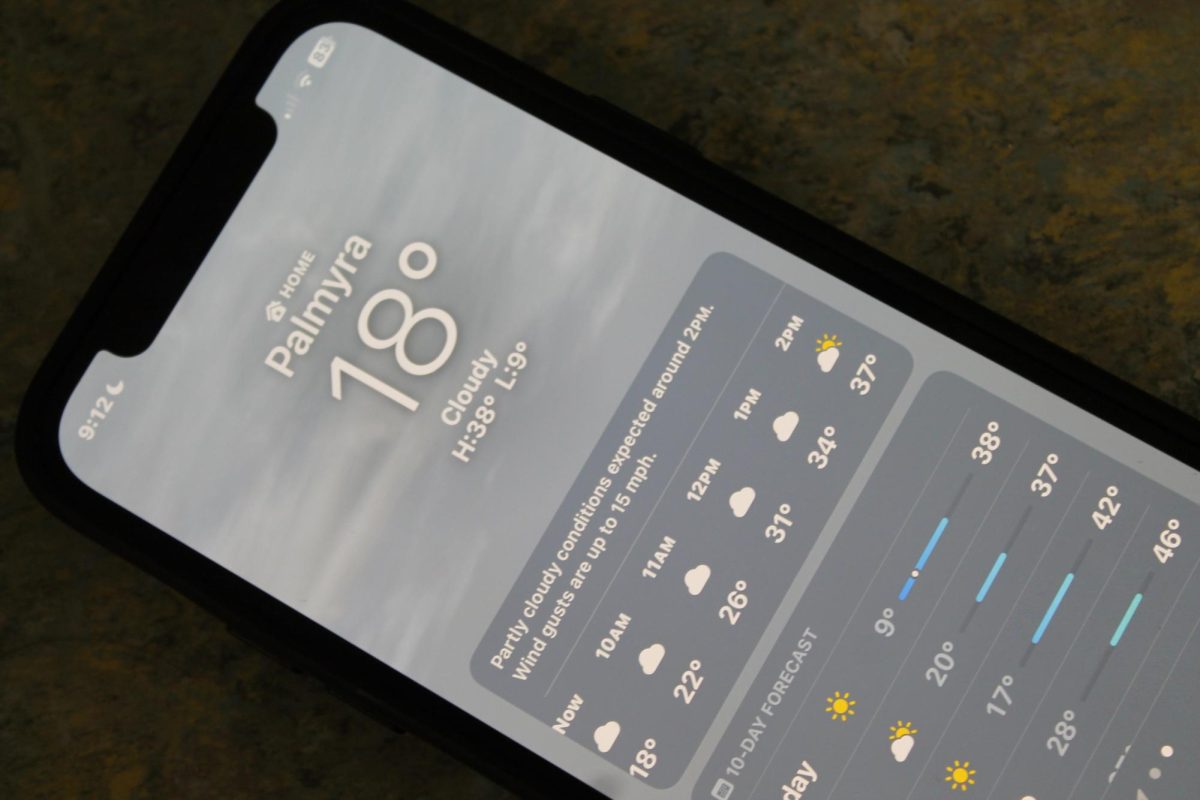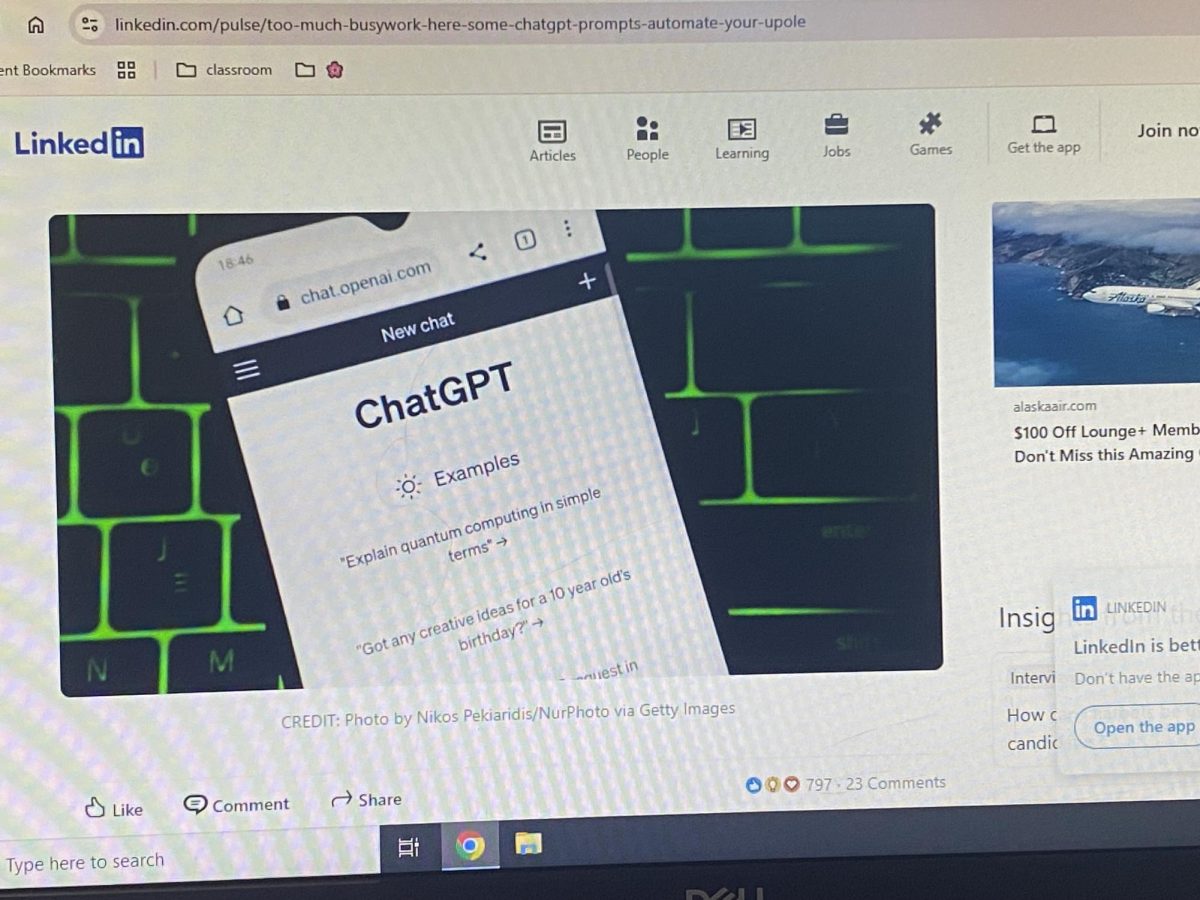If you’re like many Americans, the days of getting up at 2 am to score in-person Black Friday deals are just a memory, as more and more people recognize that Black Friday is no longer the be-all, end-all of shopping discounts.
In fact, more and more people are asking, are Black Friday deals really deals? Or do retailers just use the opportunity to mark up items, “discount” them, and fool buyers into thinking they got a deal? And is Black Friday your only choice for scoring deals?
Black Friday, the Friday after Thanksgiving, is the day when companies have traditionally offered steep discounts on select items, making it the holy grail date for deal shoppers. However, the past few years people have started noticing that these deals may not be like they used to be. Some argue that the discounts are less than they used to be, or actually, no real discount at all.
One TikTok that went viral noted that Target advertised a “deal” on Black Friday that was actually the normal price. As the New York Post noted, the TikTok influencer who posted the video “was in the electronics section looking at prices for television sets when she reached her hand for the display showing the prices. The piece of paper displaying the Black Friday price of $649.99 was the same as the non-Black Friday prices, which was concealed behind the “updated” sales price.”
There have been many previous scandals like this where customers recognize that there was no real price difference in these so-called sales. But with inflation a persistent problem in the economy, some say such scams are on the rise, and may have a lot to do with reduced or even misleading discounts this year.
As a result, some feel that Black Friday isn’t what it used to be, especially with many stores offering online deals at the beginning of November. Some companies began sending out emails to potential customers in early November noting that their Black Friday deals were up early.
“I had noticed that I kept getting emails from places I buy from talking about how Black Fridays deals have started. It was a little bit confusing because Black Friday wasn’t for a couple more weeks,” said FCHS junior Kayli Presnell.
Some companies are even taking an opposite approach to Black Friday. Skincare company The Ordinary, in an advertising campaign they called “Slow November” advertised a 23% discount on all items on their website for the entire month of November except for on Thanksgiving and Black Friday, when they were closed.
More and more people are bypassing or minimizing Black Friday as their premiere deal day in favor of Cyber Monday, the Monday after Thanksgiving when online stores offer special discounts or sales. After the COVID-19 lockdowns, Cyber Monday sales shot up dramatically, and in the past couple of years, Black Friday and Cyber Monday have started to bleed together for some people.
“Black Friday is getting longer each year as some retailers offer sales starting in early November or even October. And Black Friday has been outpacing Cyber Monday in terms of number of online shoppers, although Cyber Monday historically grosses more revenue,” noted NBC News. Some even expect that in the future, Black Friday and Cyber Monda will eventually just become the same thing, instead of two separate events.
Whether you’re a Black Friday enthusiast, a Cyber Monday fan, or you just like to hunt for deals all year, the fact is that your options may be greater than ever, and no longer confined to just a few select dates. However you look for your deals, here are some sources that can help you decide if the stated deals are really worth it or not.
Best stores for Cyber Monday deals
How to score a good Black Friday deal
13 ways to find the best deal online







